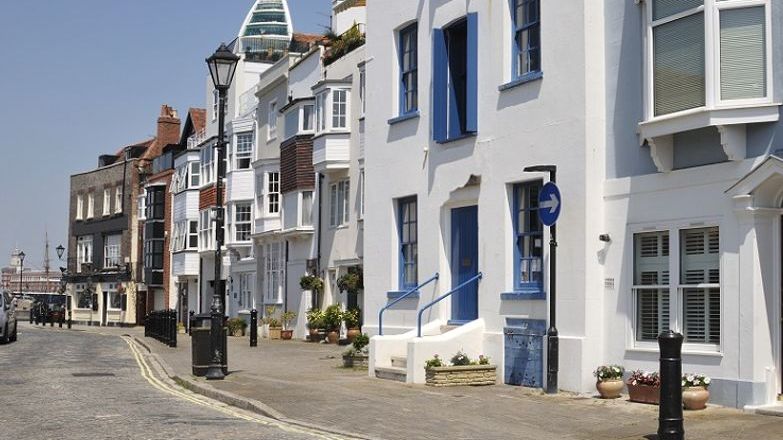
The Welsh Government's consultation on draft council tax exemptions to higher amounts on second homes and holiday homes has proposals to include categories of properties with the following planning conditions; restricting the use of the property to short-term holiday lets and restricting the occupancy of the property from use as a person’s sole or main home.
In such cases, properties would be liable for council tax at the standard rate, but a premium could not be charged. For those, who are outside of the threshold, a council tax premium of up to 300% could be applied.
Unintended consequences of the legislation
In response to the Welsh Government's consultation we noted that, clearly, where holiday homes make up the bulk of housing stock and adversely impact communities, the Welsh language and housing options for local people, Propertymark is supportive of some holiday let legislation.
However, any legislation must ensure that the private rented sector does not get included within the definition – including for those landlords who let their properties as short-term lets for small periods of time during void periods.
Impact on tourism
Propertymark member agents in Wales informed us that the proposals in the most buoyant tourism areas – Tenby in Pembrokeshire and in Gwynedd – would have little impact, but they could have an impact in developing tourism areas. Even where investors sell their properties or move into long-term rentals, the properties are likely to command high house price sales and high rentals and would be off limits for many working families.
We also warned that in a bid to save on their costs, some property investors could target the lower end of the market for holiday let investments, which would further restrict housing options for families struggling to find homes.
Clarity is also required on how council tax will be proportioned to out buildings and the conversion of chalets.




